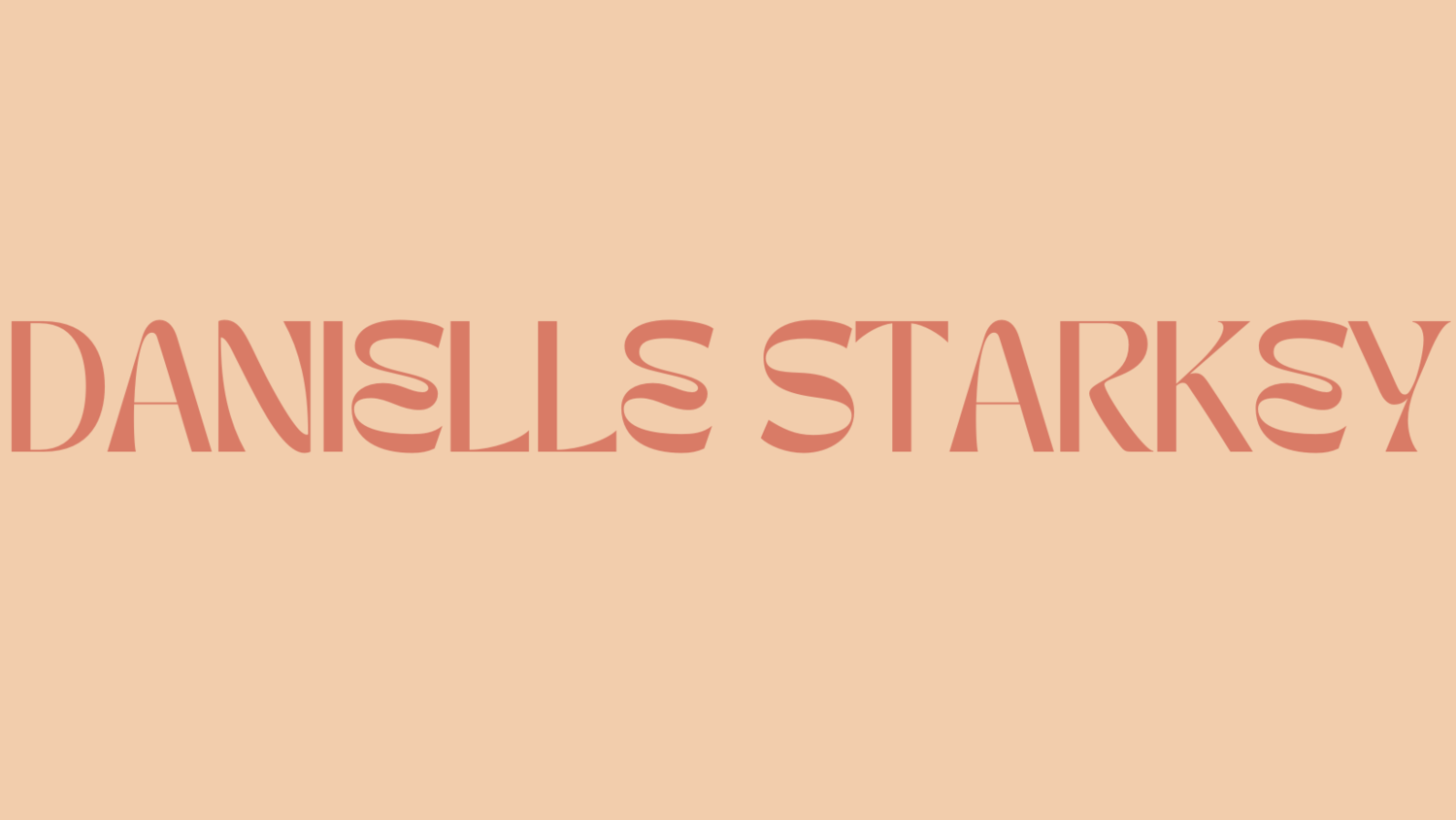I'm sick of my friends dying.
At the first party I ever attended in my life, I sat on the third story of a home in East Grand Rapids, Michigan as a frisbee was passed around that had lines of heroin on it. As it went around the circle, twenty-somethings snorted from it and talked amongst themselves about where they buy, from who, and where the supply comes from. I was freshly sixteen and with my best friend at the time, Micah. I remember it feeling like something out of a movie. For the next several years, I’d witness countless scenes like this, with varying substances and ingestion methods, almost every weekend.
Fast forward five years. I had just moved to Chicago in the late summer of 2016, eager to expand my horizons and step outside my comfort zone. Every time I had spoken about moving away from Grand Rapids, people (especially older people) would metaphorically clutch their pearls, determined to let me know just how dangerous it is. The drugs! The crime! How would I stay safe in such a world? Why would I want to leave Grand Rapids, a bastion of safe and educated suburbanity full of upstanding, do-good individuals?
Now, when people ask me why I moved, I usually spout off the same cliches that I wrote above. I leave out the parts where I sat in run-down vehicles in high school while middle aged men sold my friends and I drugs out of parking lots on the Northwest side. I leave out the recollections of mornings spent on warehouse floors, in fields next to tractor hitches, times when I had the concrete thought (one that I was lucky enough to have) to get out of my hometown. I leave out that I was sick of funerals and crosses on the side of the road.
I remember scrolling through my phone on September 2, 2016. I remember the second I saw the post, written by my friend Kayleigh. It was a tribute to Micah. I remember instantly knowing what had happened. It was a feeling I had gotten before, seeing cryptic texts or social media posts from friends.
Micah was gone. He died in Grand Rapids, with drugs purchased there, and administered by other people I knew and had grown up with. I wish I could say this was the first time I had received this type of news, of drugs and alcohol taking away my family and friends. But it wasn’t. And in the two years since his passing, it hasn’t been the last. Over my 22 years, I've effectively lost both parents and 7 friends from drug use and abuse.
It’s time to stop painting an idyllic picture of (often white) suburban life. It's time to stop looking at people like my friends and family as anomalies. I sift through articles everyday for my work that claim that young millennials and Gen Z’ers are drinking less. “Teens are partying less than ever!” the headlines read, and parents all over the country sigh with relief. But the desire to alter your consciousness hasn’t changed or gone away, it’s just shifted in its conduit. The leading cause of death for Americans under 50 is an overdose. Pill popping in the suburbs and rural areas of the country is the new normal. I’ve seen my friends graduate from pill to pill, then to needles, then to deathbeds. They lived in "nice" houses, in "nice" neighborhoods, in "nice" suburbs, with "nice" parents. They were friends, brothers, company owners, dedicated employees, top-of-the-class students. And addicts.
Today Mac Miller, the accomplished rapper and hip-hop artist, passed away from an overdose. I don’t know of what. He had publicly discussed and rapped about his drug use and abuse- he was adamant that these struggles should be made public and talked about candidly. Some of his most public struggles were with alcohol, but we won’t know what killed him yet. But I do know that Lil Peep, another white rapper who openly discussed his struggles with abuse and addiction, died last November. And that Philip Seymour Hoffman was open about his struggle and addiction before his relapse and death in 2013. And I remember a conversation with Micah, my last conversation with him, at my going-away party before I left Grand Rapids. And I remember him telling me how painful his addiction was, how lonely it was. How he was looking for help and not trying to keep it a secret.
These people, the ones we love and cherish and who contribute so much to our lives and this world, are not an exception to addiction. They're the rule. And acknowledging that, and the ways in which we tend to view who is an isn't an addict, brings humanity to them. It allows us to think of solutions instead of pointing fingers. But as a society, we haven't gotten there yet.
And on days like today when I see headlines that rip me from my work day and bring me back to that house party, or to my friends’ funerals, or to the final conversations I end up repeating in my head for years after, I can’t help but know that the problem isn’t that people aren’t seeking help. My parents met in Alcoholics Anonymous. Micah had been to rehab. So had tons of my other friends. The problem isn't that we don't know these people or that they're criminals, or crazy, or looking to ruin their lives. It's that we choose to look away, or romanticize the struggles of addiction of of the trauma that can lead people to use. It's that we love to pretend that addiction and overdoses are an "inner city" problem. It's not because they aren't asking, waiting and dying for help. It’s that we aren’t listening.
